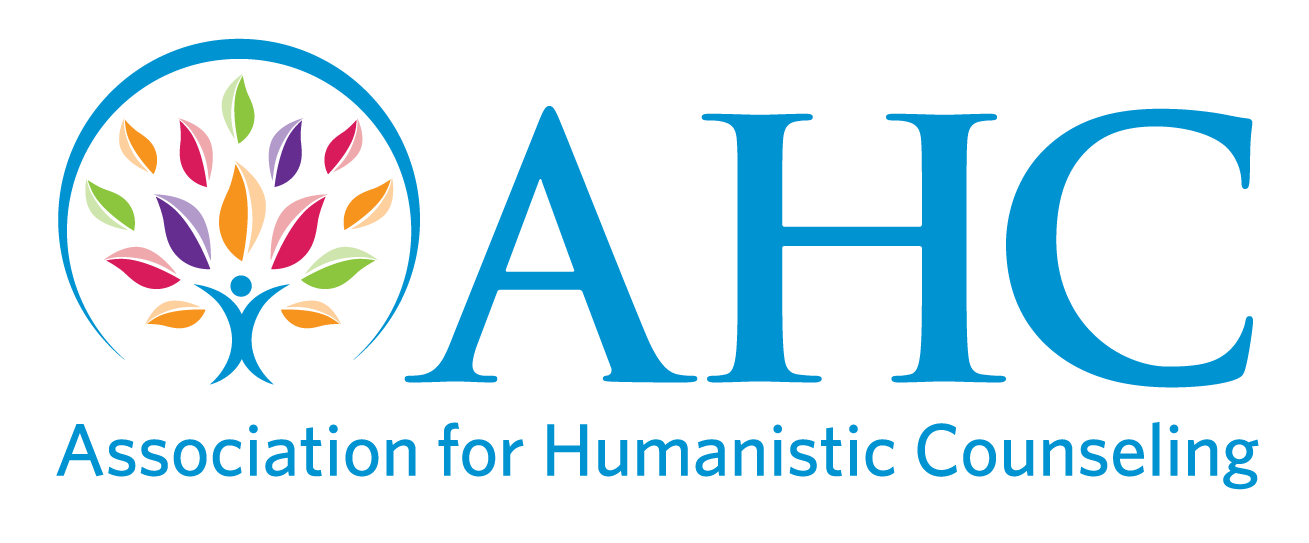A Models of Addiction Approach to Humanistic Counseling for Substance Use Disorders
Description: Clients' investment in substance use disorders (SUDs) counseling can be strengthened by obtaining their perspective on the causes of their use (etiology beliefs) and preferences for counseling. Further, clients' beliefs on the origins of their substance use concerns are informative about obstacles and resources for reducing or abstaining from substance use. Humanistic counseling, in conjunction with the models of addiction that counselors utilize for conceptualizing clients, unlocks possibilities for partnering with clients to uncover their etiology beliefs, counseling preferences, barriers, and resources. This models of addiction approach also includes ways to co-construct treatment plans that align with these factors.
Objectives
Participants will be able to explain the importance of client etiology beliefs, client preferences, and the working alliance in counseling individuals with substance use disorders.
Participants will be able to define the models of addiction.
Participants will understand skills for eliciting and exploring clients' etiology beliefs using the models of addiction approach.
Participants will be able to identify skills from the models of addiction approach for co-constructing treatment plans informed by the clients' beliefs, preferences, and resources.
Presenters:
Philip Clarke, PhD, LCMHC
Mark Scholl, PhD, LMHC
Presenter Bios:
Philip Clarke, PhD, LCMHC (NC) is an Associate Professor in the Department of Counseling at Wake Forest University. Dr. Clarke has provided substance use disorders counseling in an intensive outpatient program and treatment study setting. He has also facilitated counseling groups for individuals with co-occurring disorders. Dr. Clarke's work related to substance use disorders is published in several journals including the Journal of Counseling and Development and the Journal of Addictions and Offender Counseling. He has also published on humanistic counseling approaches including a co-authored book on wellness counseling entitled, Wellness Counseling: A Holistic Approach to Prevention and Intervention. Dr. Clarke has taught an addiction counseling course at Wake Forest for the past nine years.
Mark B. Scholl, PhD, LMHC (NY) is an Associate Professor in the Department of Counseling at Wake Forest University. He is a past president of the AHC, a past editor of the Journal of Humanistic Counseling and a member of the ACA Governing Council representing AHC. For the past seven years, Dr. Scholl has provided career support for community ex-offenders, a population with a high incidence of substance use related concerns. He has completed an MI certification program, taught MI courses at the graduate level, and his scholarship on substance use counseling has been published in the Journal of College Counseling and the book, Humanistic Perspectives on Contemporary Counseling Issues. He has delivered numerous conference presentations on addressing and assessing substance use related problems. His research interests include culturally responsive counseling and promoting the successful re-entry of members of the ex-offender population.
